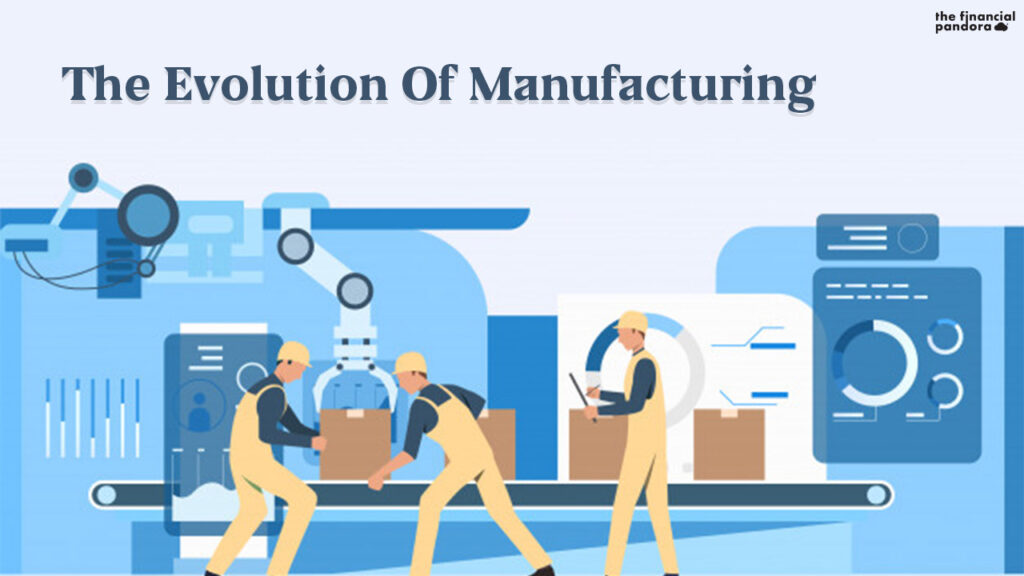Manufacturing has long been the backbone of economic development, driving innovation, creating jobs, and generating wealth across the globe. The term “manufacturing” encompasses the transformation of raw materials into finished products through a series of processes. This article delves into the evolution of manufacturing, the impact of technology, and the future of this dynamic industry.
A Historical Perspective
The roots of manufacturing can be traced back to ancient civilizations. Early manufacturers utilized basic tools and techniques to produce goods for local consumption. Over time, the invention of the wheel, the plow, and metallurgy propelled manufacturing into a more sophisticated realm. The Industrial Revolution in the late 18th century marked a pivotal turning point. It introduced mechanization, leading to mass production and significantly increased output. Factories emerged as centers of production, attracting workers from rural areas and transforming societies.
The assembly line, popularized by Henry Ford in the early 20th century, revolutionized manufacturing processes. By breaking down production into discrete steps, Ford increased efficiency and lowered costs, making automobiles affordable for the masses. This innovation not only changed the automotive industry but also set a precedent for manufacturing across various sectors.
The Role of Technology
The landscape of manufacturing has undergone profound changes due to technological advancements. The advent of computer technology in the late 20th century brought about automation, enabling manufacturers to streamline operations and enhance precision. Computer Numerical Control (CNC) machines, robotics, and advanced software systems have significantly increased productivity and reduced human error.
In recent years, the rise of Industry 4.0, characterized by the Internet of Things (IoT), artificial intelligence (AI), and big data, has transformed manufacturing into a more interconnected and intelligent process. Smart factories utilize sensors and data analytics to monitor equipment performance, optimize supply chains, and enhance decision-making. This shift towards data-driven manufacturing allows companies to respond rapidly to market demands and maintain a competitive edge.
Sustainability and Ethical Manufacturing
As the global population grows and resources become scarcer, sustainability has become a key focus for manufacturers. Traditional manufacturing practices often resulted in significant waste and environmental degradation. However, modern manufacturing emphasizes sustainability through eco-friendly practices, such as reducing energy consumption, minimizing waste, and utilizing renewable materials.
Companies are increasingly adopting circular economy principles, which involve designing products for longevity, repairability, and recyclability. By rethinking product life cycles, manufacturers can reduce their environmental impact and contribute to a more sustainable future.
Ethical manufacturing practices have also gained prominence. Consumers are becoming more conscious of the origins of the products they purchase. Brands that prioritize fair labor practices, transparency, and responsible sourcing are gaining favor in the marketplace. Manufacturers that uphold ethical standards not only enhance their brand reputation but also foster customer loyalty.
The Future of Manufacturing
The future of manufacturing is poised for continued transformation. The integration of advanced technologies, such as 3D printing and additive manufacturing, is reshaping production processes. These technologies enable manufacturers to create complex geometries and customized products, reducing waste and lead times.
Furthermore, as consumer preferences shift towards personalized products, manufacturers are adapting their processes to accommodate these demands. Mass customization is becoming more feasible, allowing companies to offer tailored solutions while maintaining efficiency.
The workforce in manufacturing is also evolving. As automation and AI take on repetitive tasks, there is a growing demand for skilled workers who can operate and maintain advanced machinery. This shift highlights the importance of education and training in ensuring a capable workforce ready to meet the challenges of modern manufacturing.
Conclusion
Manufacturing has come a long way from its humble beginnings, evolving into a complex and technologically advanced industry. The interplay of historical developments, technological advancements, sustainability, and ethical considerations has shaped the current landscape and will continue to influence the future. As manufacturing adapts to changing consumer demands and embraces new technologies, it remains a vital force in driving economic growth and innovation. By fostering a culture of sustainability and ethical practices, manufacturers can not only thrive in a competitive marketplace but also contribute to a better world for future generations.








+ There are no comments
Add yours